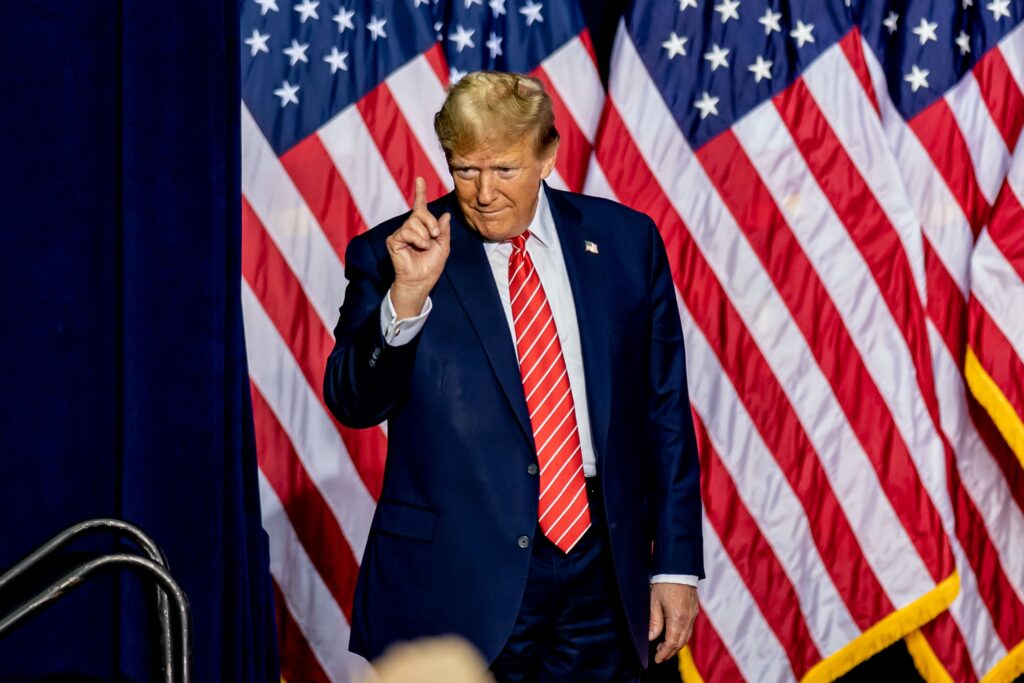President Donald Trump has ordered a freeze on more than $2 billion in federal funds allocated to Harvard University. This action follows a demand from the White House that Harvard change its policies around hiring, admissions, and academic structure to address what the administration calls “unchecked antisemitism” on campus.
The president went further by calling for the removal of Harvard’s tax-exempt status. His latest move marks a sharp escalation in efforts to reshape higher education by tying federal funding and tax benefits to political and social compliance.
Tax Threat Raises Stakes for Elite Universities
In a post on his social media platform Tuesday morning, Trump questioned whether Harvard should still qualify as a nonprofit.
“Perhaps Harvard should lose its Tax Exempt Status and be Taxed as a Political Entity if it keeps pushing political, ideological, and terrorist inspired/supporting ‘Sickness?’” the president wrote. “Remember, Tax Exempt Status is totally contingent on acting in the PUBLIC INTEREST!”
If revoked, Harvard could face tens of millions of dollars in annual tax liabilities.
The U.S. tax code allows nonprofit status for educational institutions as long as they steer clear of political campaigning and maintain service to the public. Trump’s argument hinges on his claim that Harvard has allowed ideologies that, in his view, violate this mission.
Federal Demands Call for Major Overhaul
Later Tuesday, White House Press Secretary Karoline Leavitt listed several changes the administration expects Harvard to adopt. These include:
- Public apologies for campus incidents involving antisemitic speech or action
- Mandatory ideological diversity across academic departments
- Reporting of students who “oppose American values” to federal agencies
- Independent oversight of departments linked to alleged bias
- Regular plagiarism audits of faculty research
Leavitt said, “The president expects Harvard to take immediate action. Protecting students—especially Jewish students—from harassment is not optional.”
The Department of Education has frozen $2.2 billion in grants and $60 million in contracts. Officials cited Harvard’s refusal to meet standards of academic fairness and student safety.
Harvard Defends Independence and Free Expression
Harvard University President Alan Garber rejected the federal demands, arguing that many proposals would erode the school’s independence and violate constitutional protections.
“Some actions address antisemitism, but most amount to direct government control over intellectual life,” Garber said. “We will not compromise our academic integrity or free expression.”
Harvard is now preparing legal options. Some faculty members have already filed lawsuits accusing the government of attacking academic freedom and violating the First Amendment.
Professor David Armitage of Harvard’s history department said, “No institution should be forced to trade its core values for funding. This is a test of our principles.”
Wider Crackdown Spreads to Other Universities
Trump’s administration is also reviewing funding for other top universities. Earlier this year, Columbia University agreed to several federal demands after losing $400 million in support. The decision drew protests from both students and professors.
With a $53 billion endowment, Harvard may be better equipped than others to resist political pressure. But the message from Washington is clear: no school is immune.
In March, the Education Department reviewed over $8.7 billion in long-term research grants tied to elite institutions across the country. Officials said future funding will depend on how schools handle antisemitism, free speech, and ideological balance.
Students Face Arrests Over Protests
Tensions have risen not only between the government and universities, but also on campuses themselves.
On Monday, U.S. immigration agents detained Mohsen Mahdawi, a green card holder and organizer of pro-Palestinian protests at Columbia. Mahdawi, who was applying for U.S. citizenship, was arrested during his interview in Vermont. He is scheduled to graduate in May.
Other students linked to similar protests have been detained in recent weeks, including Mahmoud Khalil from Columbia and Rumeysa Ozturk from Tufts University.
The Trump administration has cited these incidents as proof that universities are failing to maintain lawful, respectful environments.
Growing Divide Over the Role of Higher Education
Recent polls show declining public trust in elite universities, especially among conservative voters. Many Americans say they now see higher education as a political tool rather than a place for balanced learning.
Trump’s push to condition university funding on ideological grounds is already changing how institutions operate—and how they are viewed nationwide.
As the legal battle between Harvard and the federal government unfolds, questions over freedom of speech, academic neutrality, and political interference are expected to dominate headlines.


